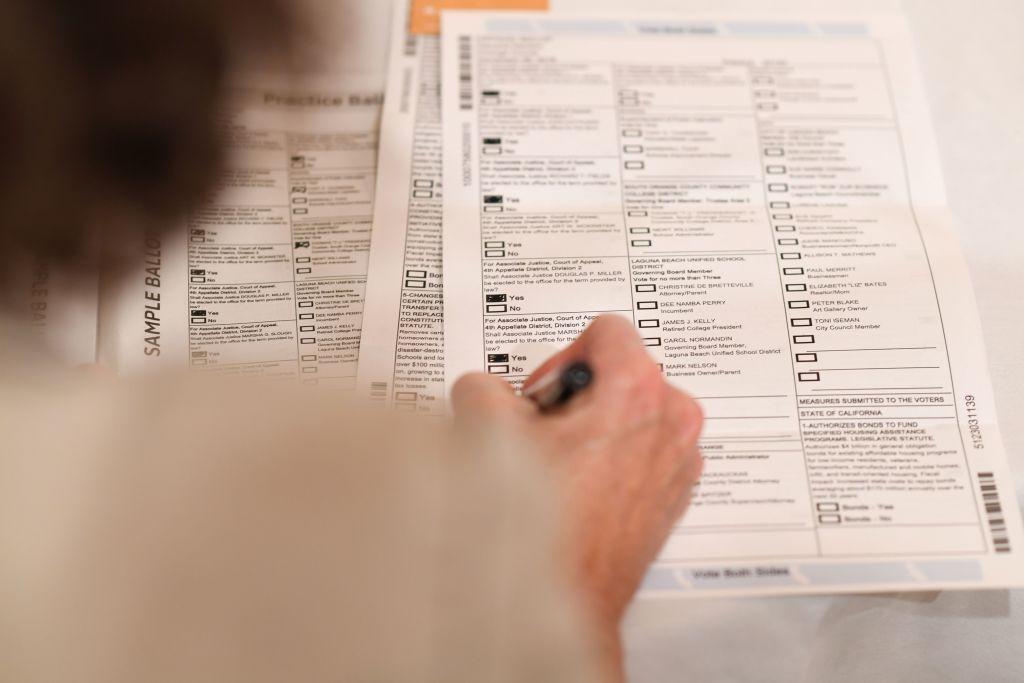The fear of contracting COVID-19 is not a qualifying reason for state voters to apply to receive a ballot by mail, Texas Attorney General Ken Paxton said on Wednesday.
His statement comes after a state district judge signaled that he would grant Democrats a temporary injunction to expand on who would qualify for absentee voting for upcoming elections. State officials, who are defending the case, are expected to appeal.




